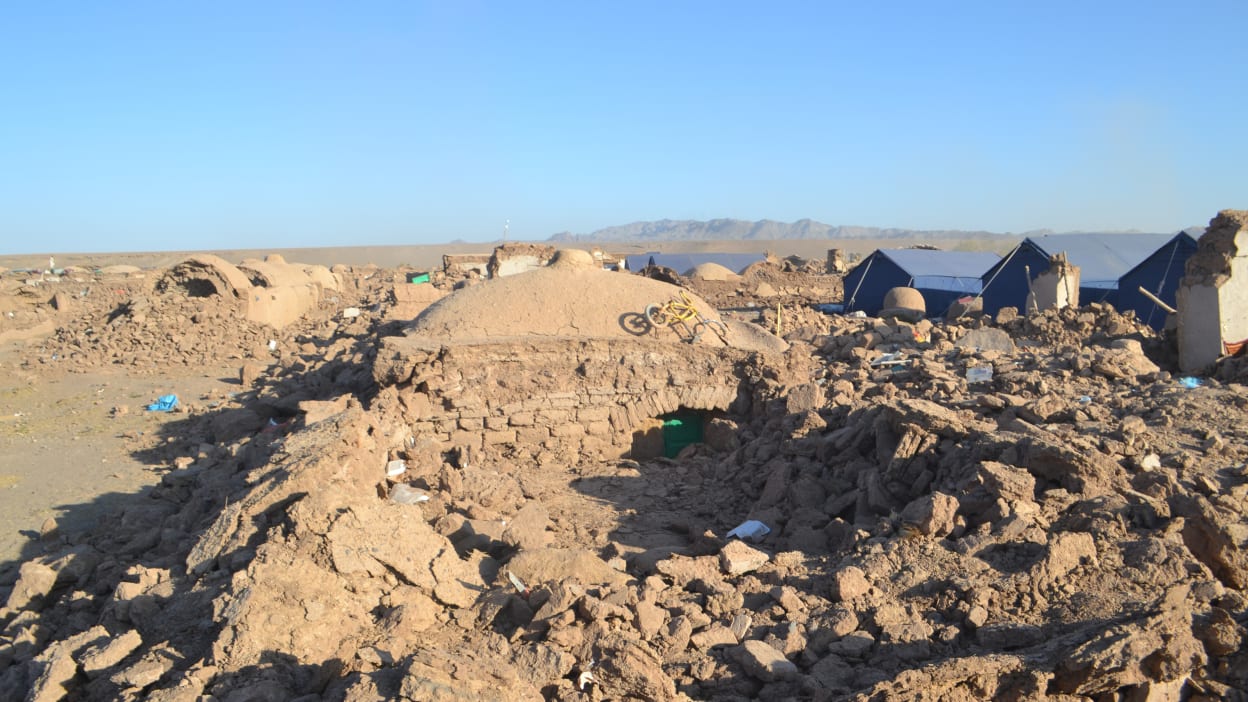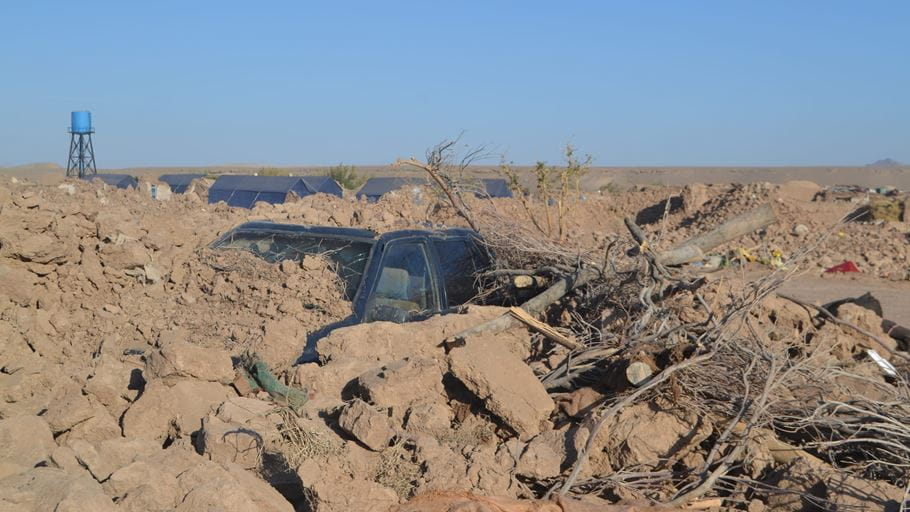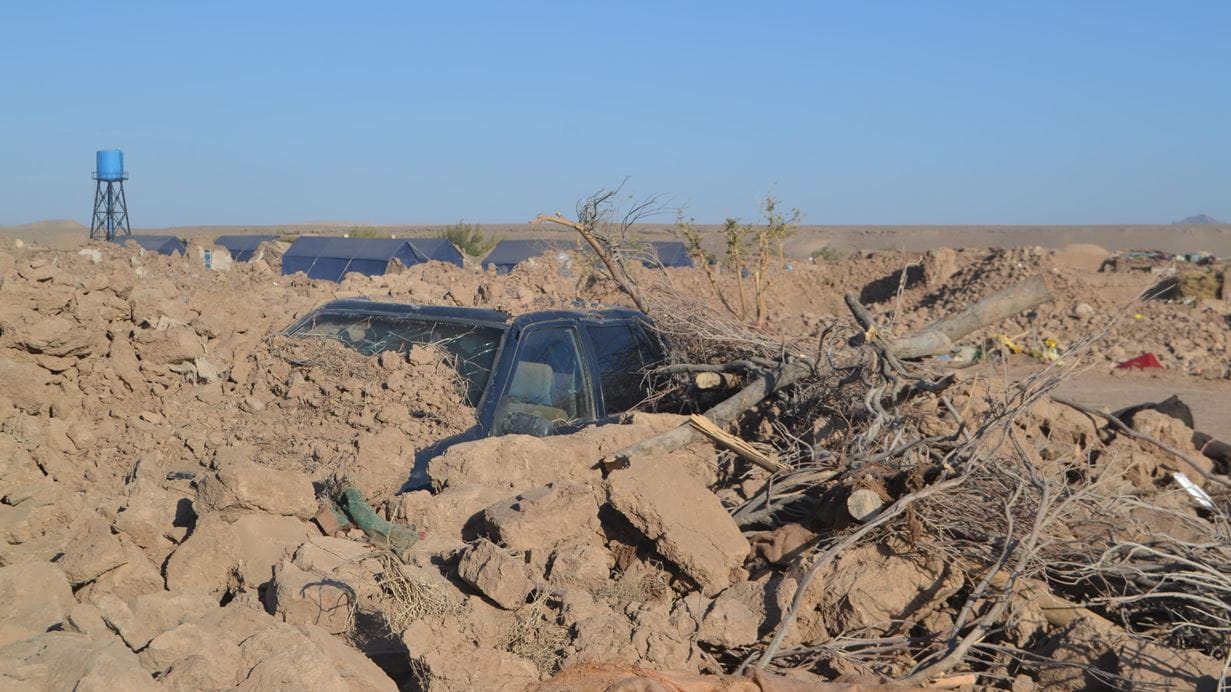Abdul’s mother and son were treated at the local clinic and discharged after receiving physical care, but his wife was struggling emotionally and mentally. She was referred to the mental health department, where she and Abdul both received counselling from Tearfund’s local partner.
Grief and counselling
Abdul says, ‘I also got an individual psychological counselling session where I learned how to help support my wife to not get worse from the grief of losing our daughter.’
Abdul still struggles to accept the loss of his daughter, but he has remained steadfast in supporting his wife's recovery, encouraging her to continue with the medication and drawing on the advice from the counselling sessions to help him get through.
The regional clinic – particularly the mental health department – run by Tearfund’s local partner has offered a lifeline for many in the community who are experiencing depression and overwhelming grief in the aftermath of the earthquake.
‘The mental health services are essential for our village,’ says Abdul. ‘They are providing much-needed support for those who have struggled after losing their family members in the earthquake.’
Additional support
As well as providing mental health and psychosocial support, Tearfund has also been working with our local partner to meet other critical needs. Drought and economic challenges have left many people in Afghanistan struggling to provide enough food for their families and this new crisis has made the situation even worse. In response to this, Tearfund has provided cash grants to some of the most vulnerable households so that they can buy vital items – such as food, blankets and household items including cooking utensils – from the local markets.
With sanitation facilities damaged and clean water harder to access, there is also a high risk of disease outbreak following natural disasters. Tearfund has been providing soap and sharing safer hygiene behaviour messaging to help minimise these risks.
The coming winter
Following the earthquakes, even those whose homes are still standing are afraid to return to them and many people are living out in the open in makeshift shelters and tents, or in informal settlements. While this undoubtedly saved many lives when the third quake struck on 15 October, people are now vulnerable to the increasingly cold weather and to health and other protection risks.
With temperatures already dropping, the communities who have been affected are in urgent need of sustainable solutions to help them make it through the harsh winter conditions.
Please pray with us for all those who have been affected by the earthquakes. If you are able, please give to help ensure that Tearfund can continue to respond.
*Names have been changed to protect identity.














